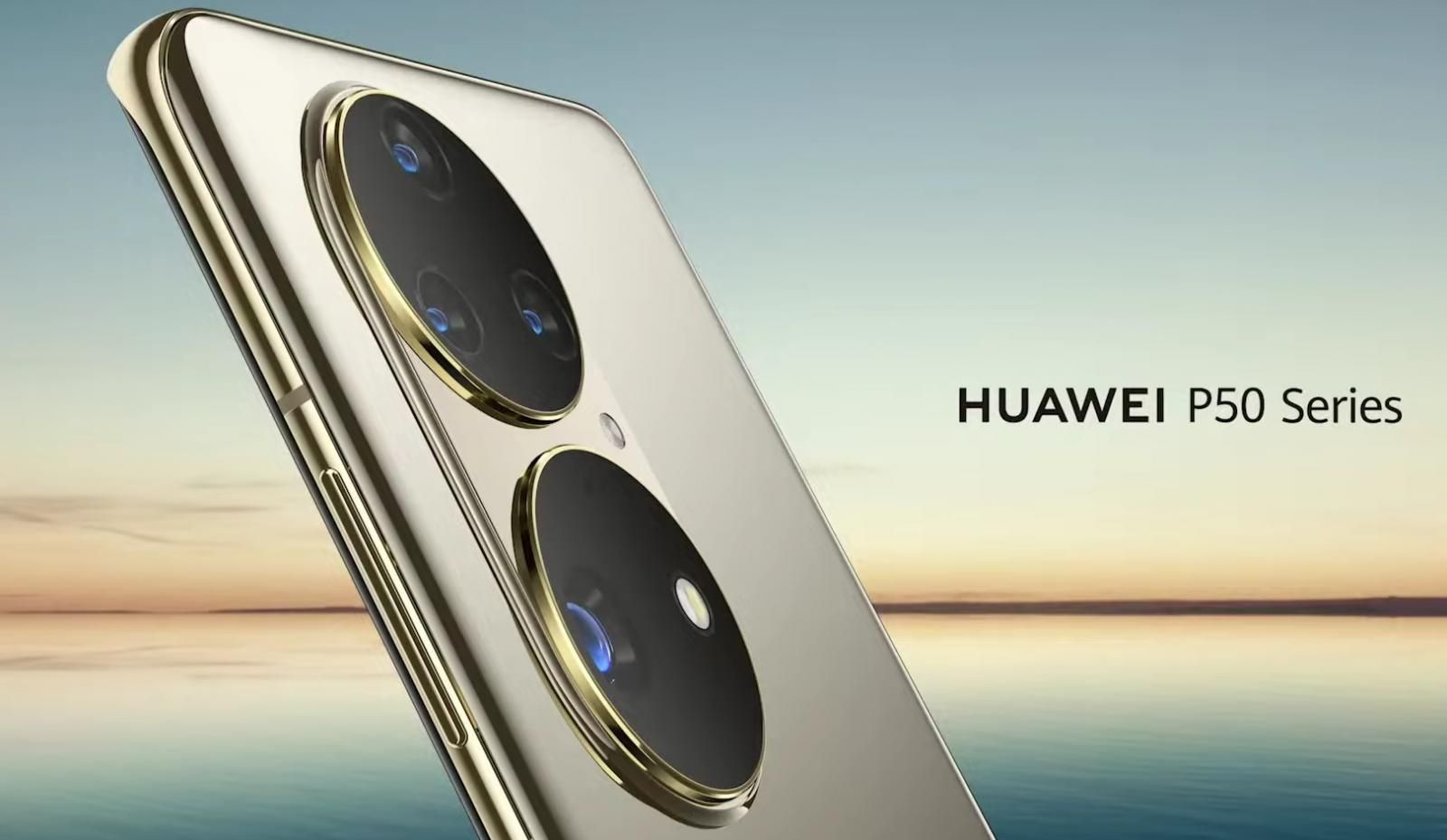The Huawei P50 series has been delayed a number of times due to chipset shortage issues and the existing ban that’s applied to the company. According to a new report, Huawei may be forced to pick a new chipset for its flagship series.
Huawei has had a hard time in the past few years, ever since the US trade ban has come into force (via GSMArena). The company has struggled to attract many new customers since their devices were banned from using the Google Play Store around the world, which resulted in plummeted sales. According to a new report, it has a limited supply of its own Kirin 9000 chipsets, which will likely not be enough for all Huawei P50 series devices. Using Qualcomm chipsets seems like an obvious choice, but this too may have its challenges.
The reason why the company is unable to produce its own Kirin 9000 chipsets comes down to the trade ban, which doesn’t allow the company to use certain patents and companies that would supply the SoCs. The US government has to explicitly pick and allow US companies individually to do any form of business with Huawei, which makes things even worse, not to mention a lot slower.
If Huawei decided to go with Qualcomm chips, the new Huawei P50 series wouldn’t be allowed to use 5G, even if the chip would support it by default. The current trade ban restricts Huawei from using 5G technology, even though it played a huge part in developing it. If the P50 series comes with a Snapdragon 888 chipset, it will likely be limited to 3G and 4G only bands.
The P50 series was rumored to launch in July, although the newly rumored date is mid-August, and the P50 Pro is expected to be equipped with the Kirin 9000. However, experts believe that the Kirin SoC supply would be depleted by December, meaning that Huawei will likely be forced to switch the Qualcomm instead.

